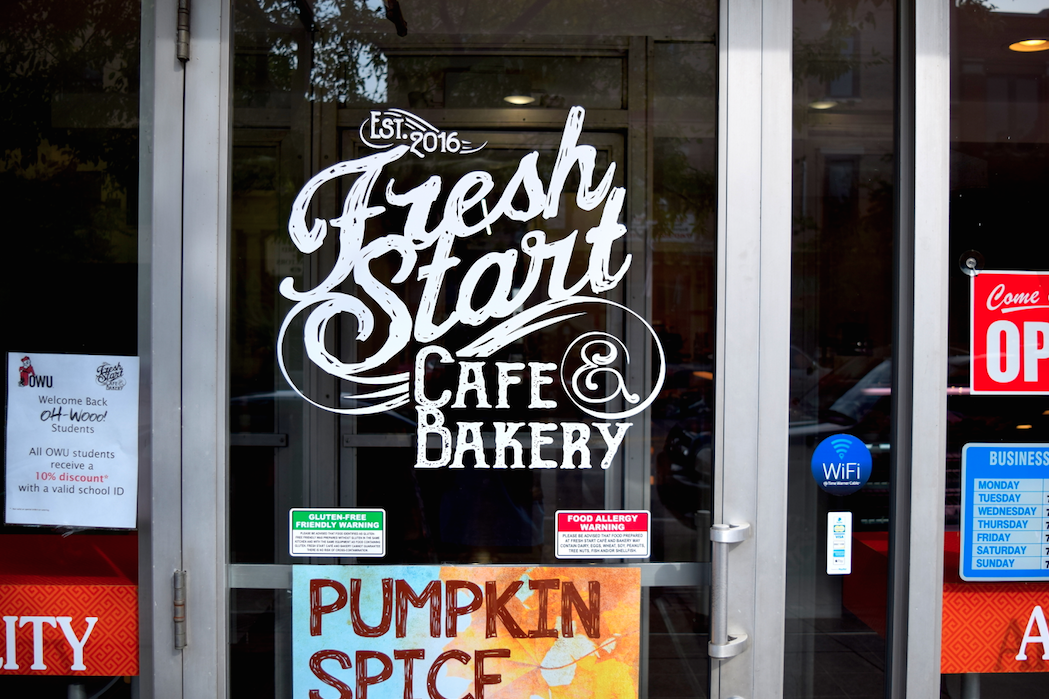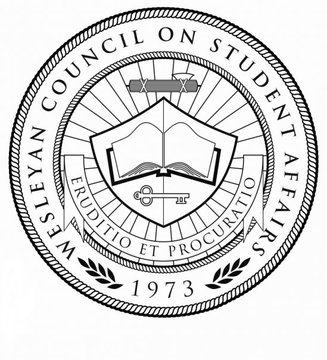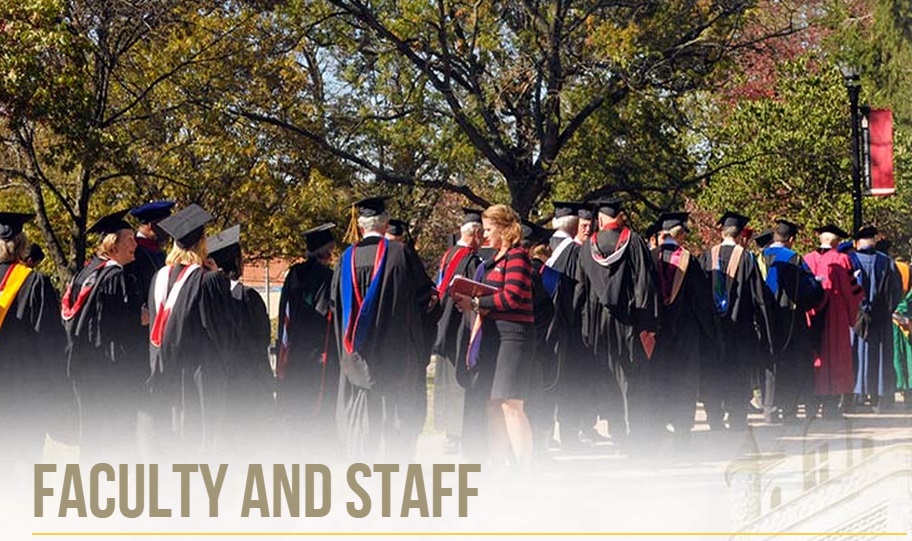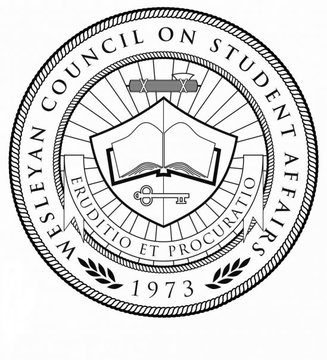By Areena Arora, Managing Editor
On Sept. 6, at precisely 5:34 p.m., I received a call from an Akron, Ohio phone number.
“Hello,” I answered.
“This is a call from the Federal Bureau of Investigation. Am I speaking with Areena Arora?”
My heart skipped a beat. I trembled, “yes,” replaying the last couple of days in my head to recall anything illegal I had maybe done. None.
The person on the other end proceeded to inform me how this was a final warning call from the FBI, before I was to be arrested. He warned me that if I hung up, an arrest warrant would be issued for me.
After about 11 minutes of hearing him accuse me of defaulting on some sort of an education tax, I hung up.
I should have done so sooner. It was a scam.
I called and let both Public Safety (P.S.) and the International and Off Campus Programs Office know, who both reassured me that it was a scam, and that I needn’t worry.
But here’s the problem. The number the scammers called me from, was in fact a registered FBI Akron number. How could this possibly be true?
I called P.S. again.
Flash forward to two days later, I got another call. Same script, same arrest warrant threats, except this time, the call was from Delaware Police’s (DPD), non-emergency number.
P.S. connected me with Captain Adam Moore at DPD and a formal police complaint was filed; On charges of my scammers impersonating federal officers and threating to arrest me.
Here’s the lesson to be learned; If you get a similar call, do not panic. Definitely do not let them threaten you for as long as I let them (11 minutes!). Contact your local police, immediately.
Do not confirm any information. They might be calling just to ask, “Is this really your address/ your bank account number.” Do not say yes. Just hang up.
It doesn’t end here. Make sure you contact your bank, and change your generic passwords and ATM pins, as a precautionary step. Update all your social media profiles to heighten security and make as much information as possible, private.
The weirdest part about my scam incident was the extent of my personal information the strangers had and that unlike usual spam emails, they did not ask me for anything. For instance, they knew about my visa status, my employment and tax information, majors and my postal address.
However, simple psychology; they were trying to scare me. But in the real world, the FBI does not call people to arrest them; at least not without sending any prior warnings in mail. Even then, they do not threaten to arrest you should you hang up.
According to a P.S. advisory, “the FBI does not call private citizens asking for money.”
Hope my story serves you as a reminder should you fall victim to a scam like this. And if it does happen, take immediate steps. Laugh off the incident, like I did, but not before securing all your information and reaching out to the local police.
Additionally, you must also file a complaint with the Internet Crime Complaint Center at www.ic3.gov and/or with the local Attorney General.
For additional resources, contact Public Safety at 740-368-2222 or Delaware Police at 740-203-1111.
By the way, I informed my advisor the next day, and while he did reassure me that it was a scam, he also said if it wasn’t, he would visit me in prison, though he said he wouldn’t pay for my bail.







